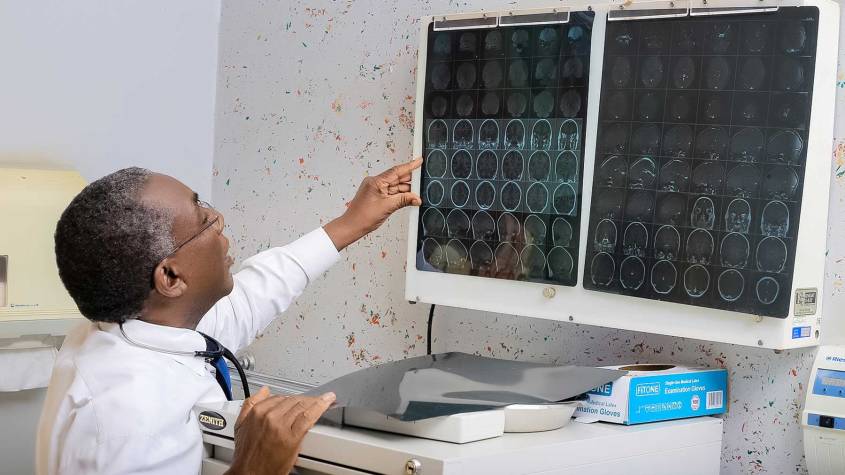WHO Raises Alarm over Limited Access to Treatment for Brain Illness
The World Health Organisation (WHO) has warned that fewer than one in three countries worldwide have a national policy to address the growing burden of neurological disorders, which cause more than 11 million deaths each year.
In its new Global Status Report on Neurology released on Tuesday, the WHO reveals that neurological conditions now affect more than 3 billion people, over 40 per cent of the global population.
The leading conditions contributing to death and disability include stroke, neonatal encephalopathy, migraine, Alzheimer’s disease and other dementias, diabetic neuropathy, meningitis, epilepsy, neurological complications linked to preterm birth, autism spectrum disorders, and cancers of the nervous system.
Despite the high disease burden, low-income countries have over 80 times fewer neurologists than high-income nations. Many lack national plans, dedicated budgets, and a trained workforce to manage neurological care.
“With more than one in three people globally living with conditions affecting their brain, we must do all we can to improve the health care they need,” said Dr Jeremy Farrar, WHO Assistant Director-General for Health Promotion, Disease Prevention and Control.
He added that many neurological conditions can be prevented or treated effectively, yet services remain out of reach for most, especially in rural and underserved areas, where people often face stigma, social exclusion, and financial hardship. According to Dr Farrar, countries need to prioritise brain health and invest in care systems that put patients and families first.
The report shows that only 53 per cent of the WHO’s 194 Member States contributed data, reflecting limited attention to neurology. Just 32 per cent of countries (63) have a national policy for neurological disorders, and only 18 per cent (34) have dedicated funding to address them. Without strong policy frameworks, health systems remain fragmented, underfunded, and unable to meet the needs of patients and families.
Only 25 per cent of countries (49) include neurological disorders in their universal health coverage packages. Essential services such as stroke units, paediatric neurology, rehabilitation, and palliative care are often unavailable or concentrated in cities, leaving rural and underserved communities without access to lifesaving care.
The shortage of trained professionals remains severe. In low-income countries, there are up to 82 times fewer neurologists per 100,000 people compared to wealthy nations, meaning many patients go without timely diagnosis or treatment.
Although neurological conditions often require lifelong care, only 46 countries provide formal carer services, and just 44 have legal protections for carers, according to the report. This leaves informal carers, most of them women, without recognition, support, or financial relief, worsening social and economic inequalities.
WHO also notes that weak health information systems and chronic underfunding of research, especially in low- and middle-income countries, continue to hinder progress. The organisation calls on governments to strengthen data systems, invest in neurological care, and expand public awareness to reduce stigma and ensure that everyone receives the care and recognition they deserve.
“Brain health affects everyone,” the WHO emphasised, adding that governments must act now to integrate neurological care into national health plans, expand training, and ensure no patient is left behind.”
Police on the Spot for Killing Barber in Hunt for Night Robbers
Voluntary Savers Boost National Social Security Fund Collections
Woman Commits Suicide Over Debts of UGX 6million
Constitutional Court Dismisses Petition Against NRM-DP Cooperation Deal
EC Under Pressure Over Delayed Allowances for Presidential Candidate’s Bodyguards
Police officers who guarded presidential candidates during the just-concluded campaigns co…
Now On Air – 88.2 Sanyu Fm
Get Hooked Right Here
DON'T MISS!!!
Police on the Spot for Killing Barber in Hunt for Night Robbers
Police in Gombe, under the Kasangati Police Division, are under scrutiny following the fatal shooting of a barber during an operation targeting suspected night robbers.




























